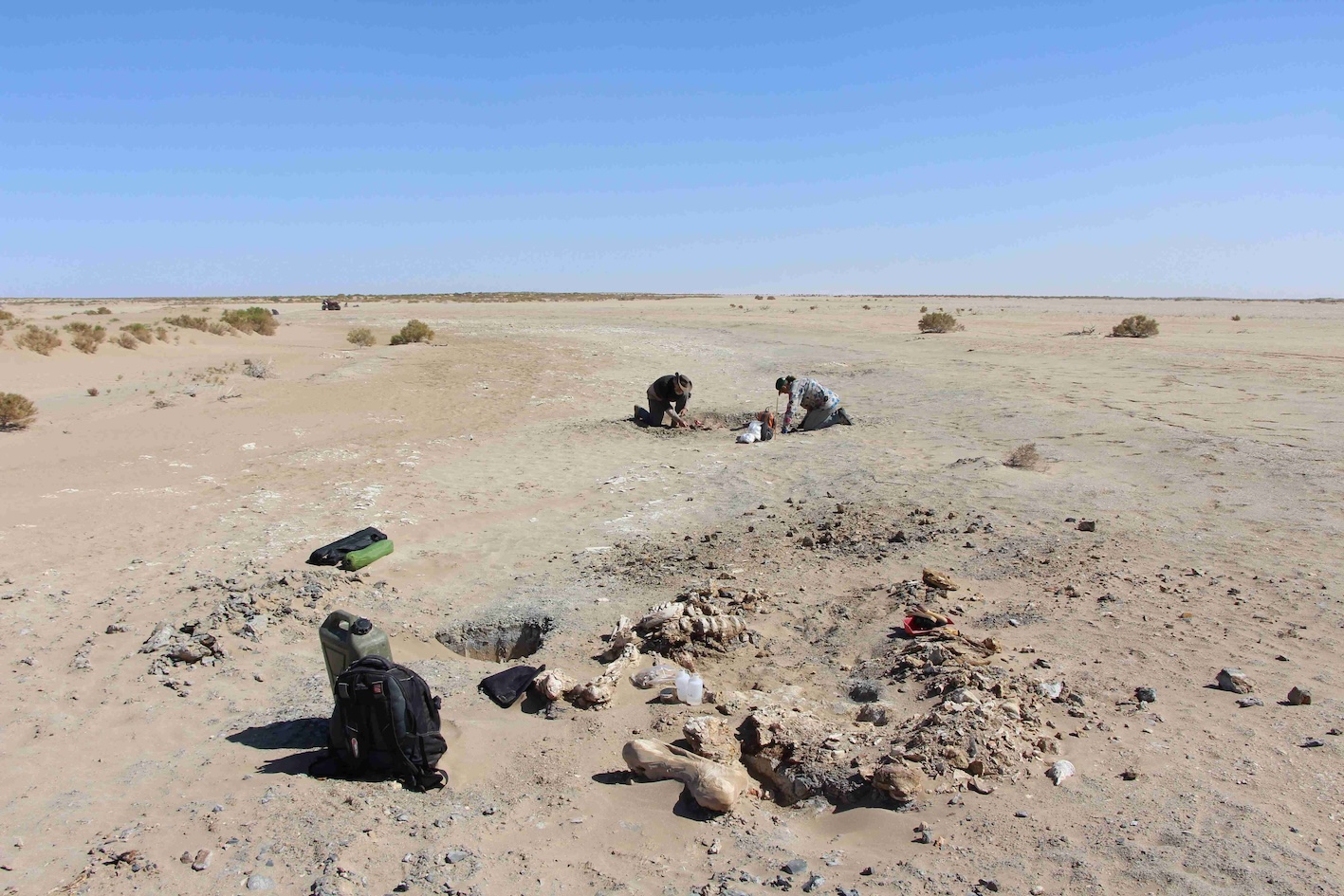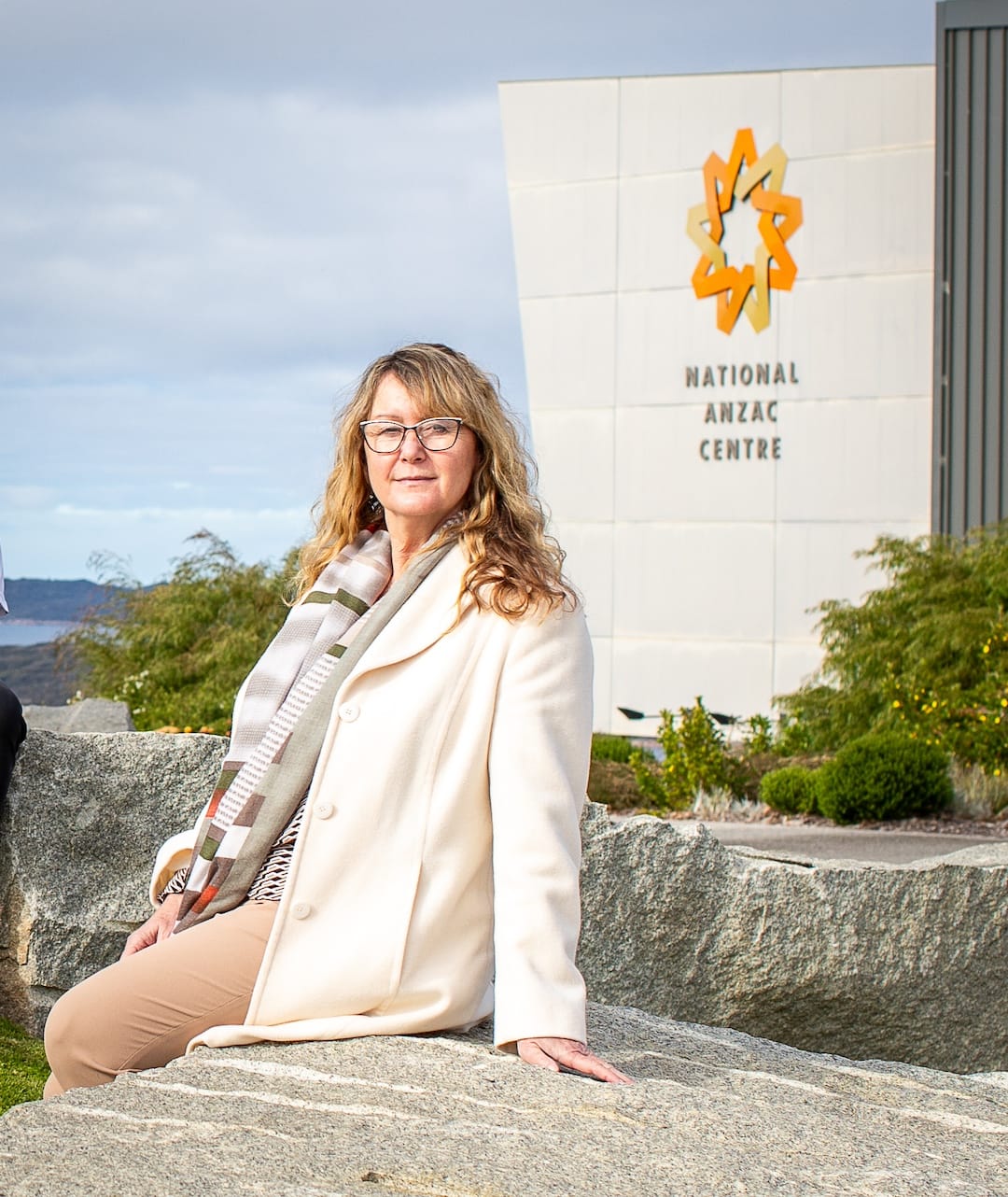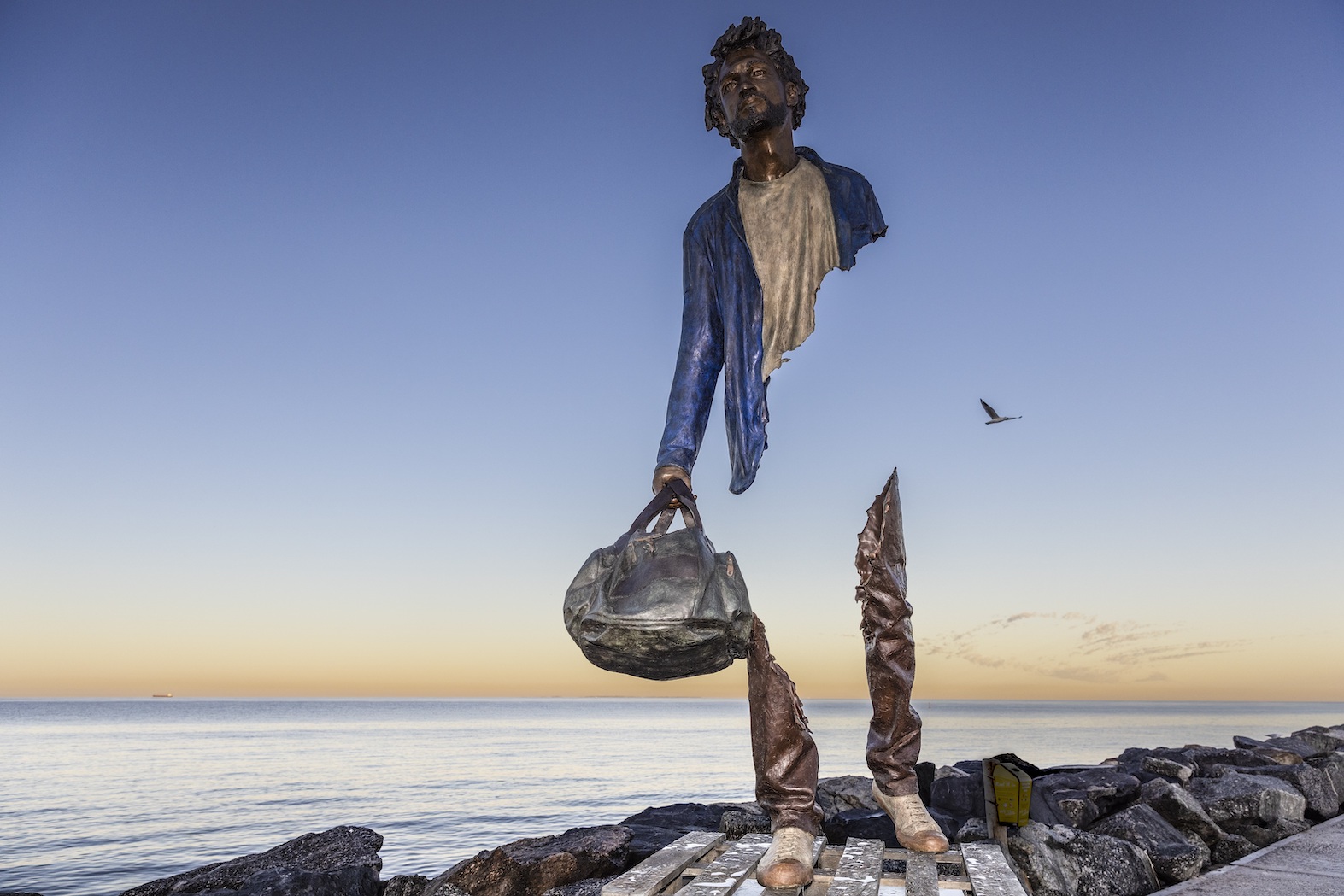How much do you value your local council and the City of Perth?
Councils should be commended, not criticised. Our councils are deeply in trouble. Across Western Australia. they are subjected to inquiries, probes and ratepayer persistent questioning.
Of all the serious issues confronting society, councils are the elephant in the room. The issue has to be tamed. After all, there is a great deal at risk.
Councils are the closest authority to us all. Everyone with pride in their surrounds, living standards, security, family values and their entire communities should support their local council.
If we take pride in our capital city, our achievements and our image, we should support the City of Perth.
Councils, broadly, have understandably struggled to keep up with the times. Technology has turned society on its head, living standards have exploded in a generation and unimaginable issues confront them.
Street security, recycling, hygiene, ageing, communication, street lighting, unprecedented growth and catering for disability sectors and multi-culturalism are among primary issues.
But, across the board, councils are vastly underfunded to service their communities to the highest, safest and most efficient levels. To reach expectations and demands.
How do beachside councils with only several thousand ratepaying residents finance cleaning, policing, lighting, parking and presenting their suburbs to cope with hordes of outsiders every summer?
How do councils with major crowd-drawing venues cope with the influx of outsiders for sporting events?
How do Perth and Fremantle councils cope with wildly fluctuating tourist hordes, festival crowds and exhibition mobs?
How do rural and regional councils with small populations cope with funding roadworks and earthworks over vast areas, some as big as European countries, to serve incoming traffic?
Councils get a bad rap – sometimes for good reason when human greed and powerplay make their inevitable inroads into municipal management.
Self-centred developers, real estate agents, businesses and devious citisens-turned-councillors have long given them a bad reputation.
Kids scream out for skateparks and their parents want safe playing areas for children in their suburbs. But no-one wants noisy playgrounds next door or even in their streets.
Councillors cop headlines when their fees and expenses are raised, yet, for the hours they put in, they are lowly-paid and often barely cover their costs to be presentable, informed and attend countless meetings at council, events and with citizens.
Not to mention night socials, meet-and-greets with visitors and attending entertainment venues to wave the flag.
In Perth city, much is made over the years of Lord Mayors and councillors seemingly feeding and drinking at the trough. While people often believe city councillors are being financed by taxpayers, this isn’t the case. Their money comes from ratepayers, mainly the city’s large retailers and corporations.
Lord Mayors and councillors face demanding tasks representing diverse interests within their municipalities. They also have to serve as welcoming faces of Perth and Western Australia.
All those visiting dignitaries, tycoons and celebrities need to be met, catered for and encouraged to spread the good word about our great city and state.
Councillors have to attend council, civic and community meetings and endless committee meetings. They are expected to appear at openings as well as citizens’ homes and listen to their problems.
We expect a lot from our councils. Demands on local government are relentless.
Small councils can’t always afford the modern, high-tech machinery and technical support required in the modern, developing world.
Super-size councils are consistently voted down.
Quality local government requires quality people and quality practices. The bottom line is the bottom line.
To achieve good community government, we need community understanding, input and support, underwritten by decent state funding.
More powerful, well-funded, larger regional councils run by well-paid teams of specialist administrators rather than elected councillors may be the way forward.







































